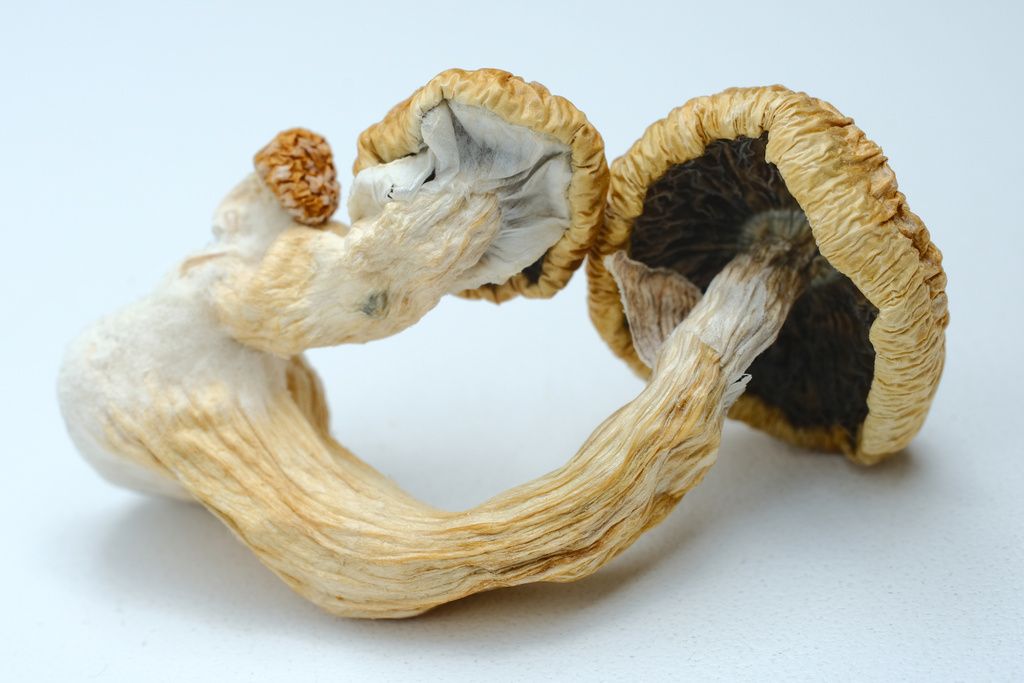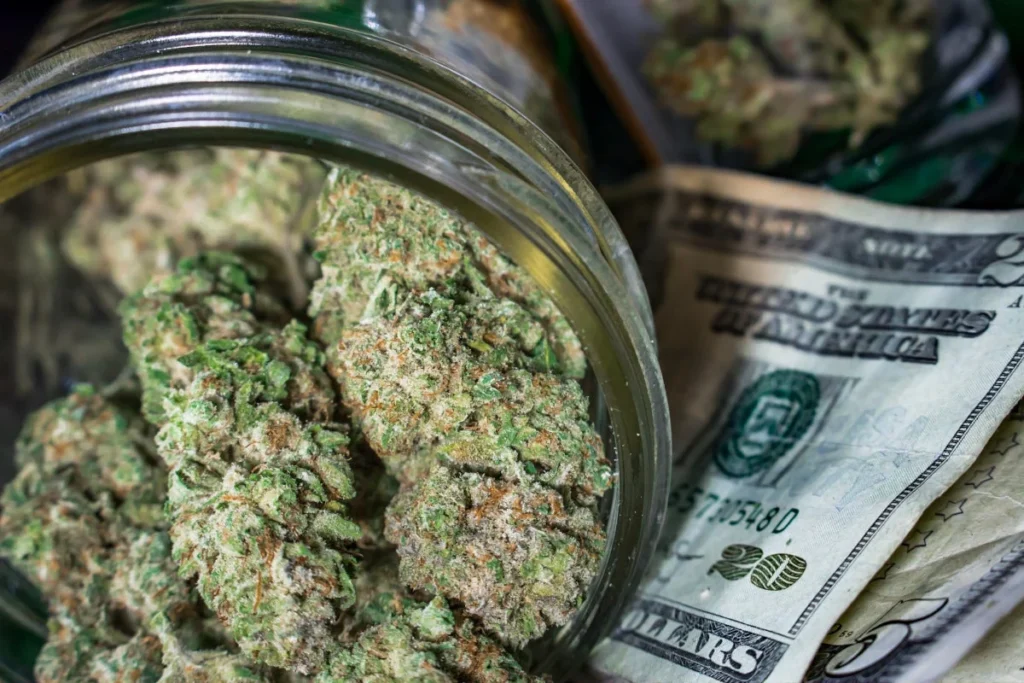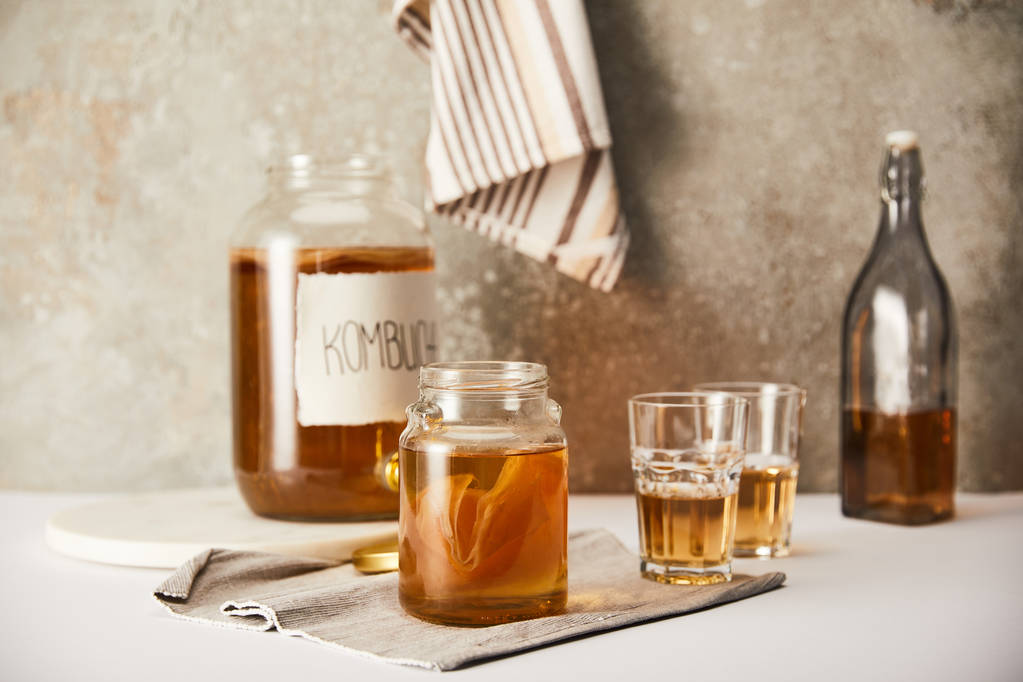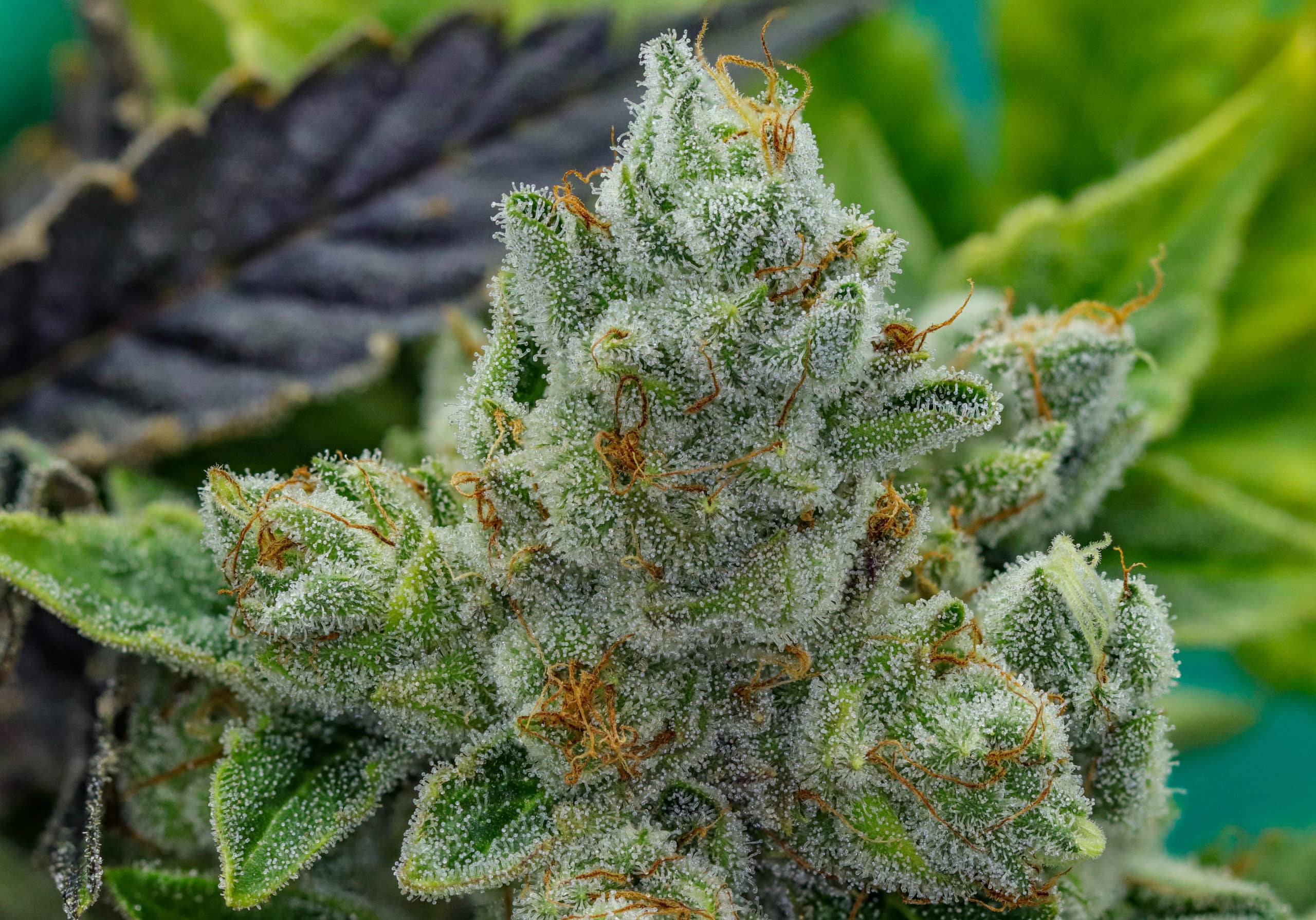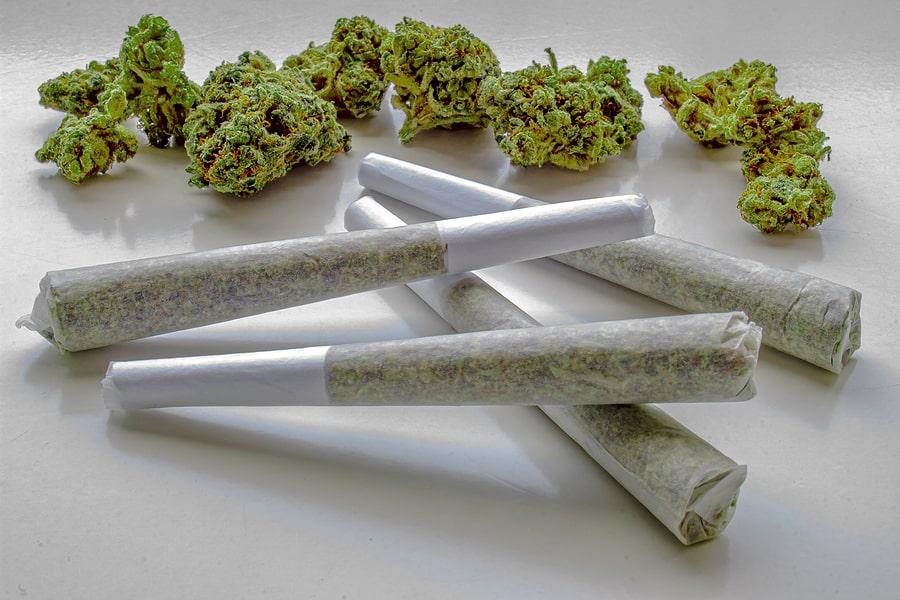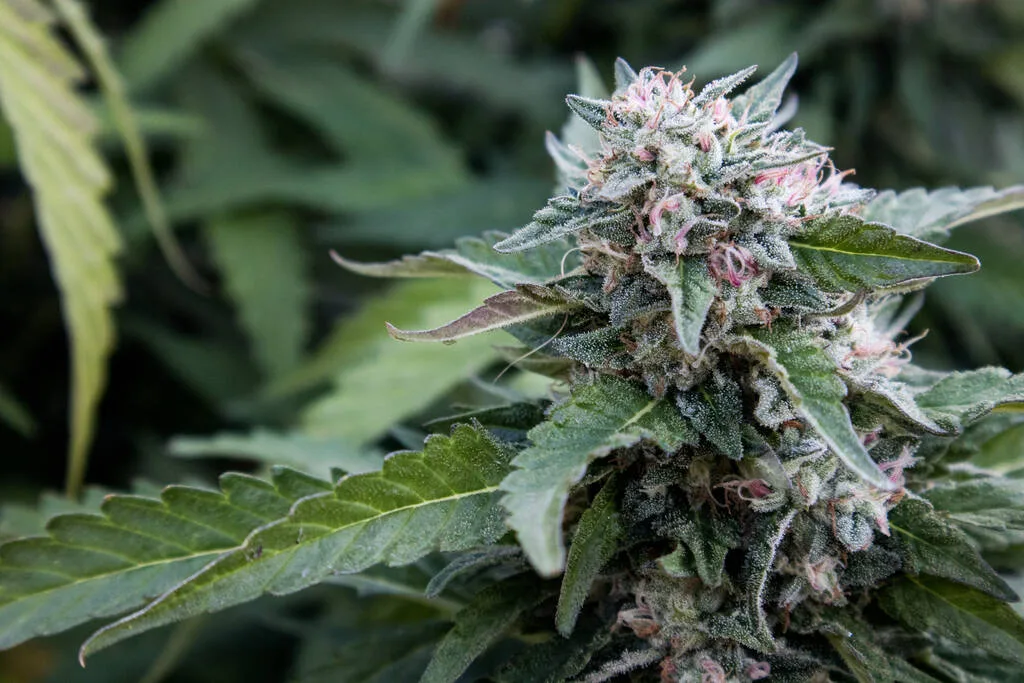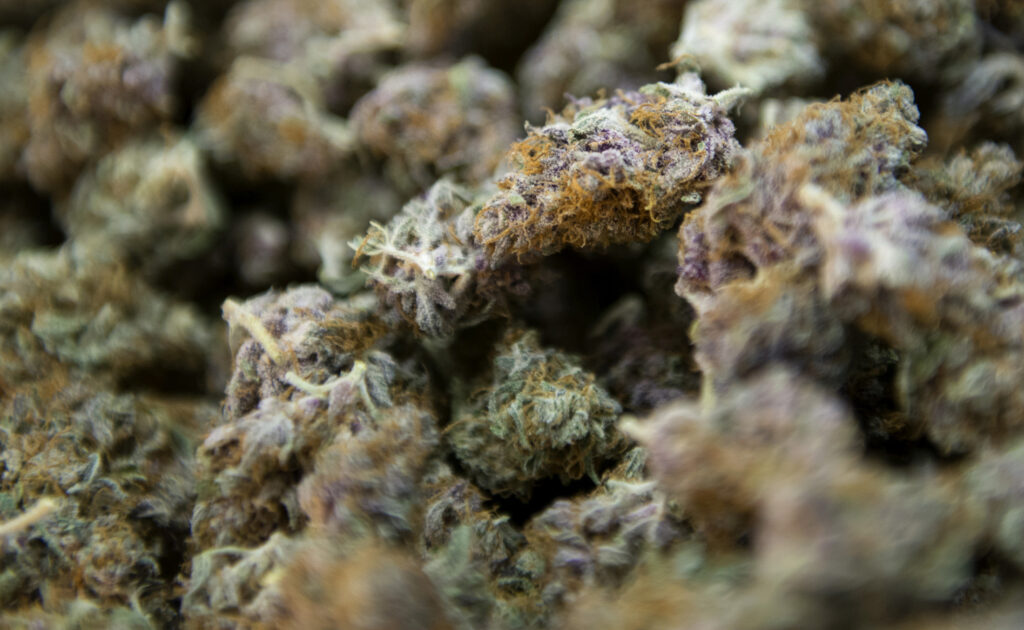The Oregon House of Representatives has unanimously approved House Bill 2387, advancing legislation that would expands access to psilocybin services while strengthening regulatory oversight and transparency.
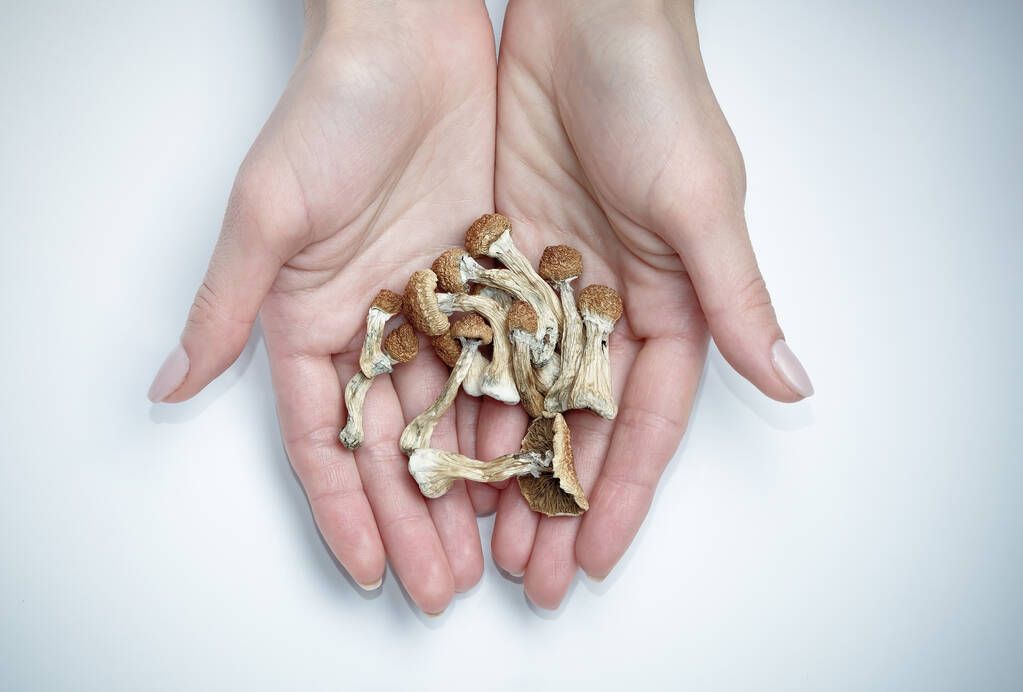
Psilocybin mushrooms.
HB 2387 allows licensed health care providers regulated by certain state boards to discuss and provide psilocybin services if they are also licensed psilocybin facilitators. The bill clarifies that such professionals cannot be penalized for incorporating psilocybin into their practices, provided they adhere to state rules and do not mix psilocybin administration with concurrent health care services.
The legislation also facilitates information sharing between the Oregon Health Authority (OHA) and regulatory boards concerning psilocybin-related investigations while maintaining strong confidentiality provisions. It gives OHA authority to share relevant disciplinary data with public entities to improve oversight, barring exceptions related to reproductive or gender-affirming care.
Continue reading

